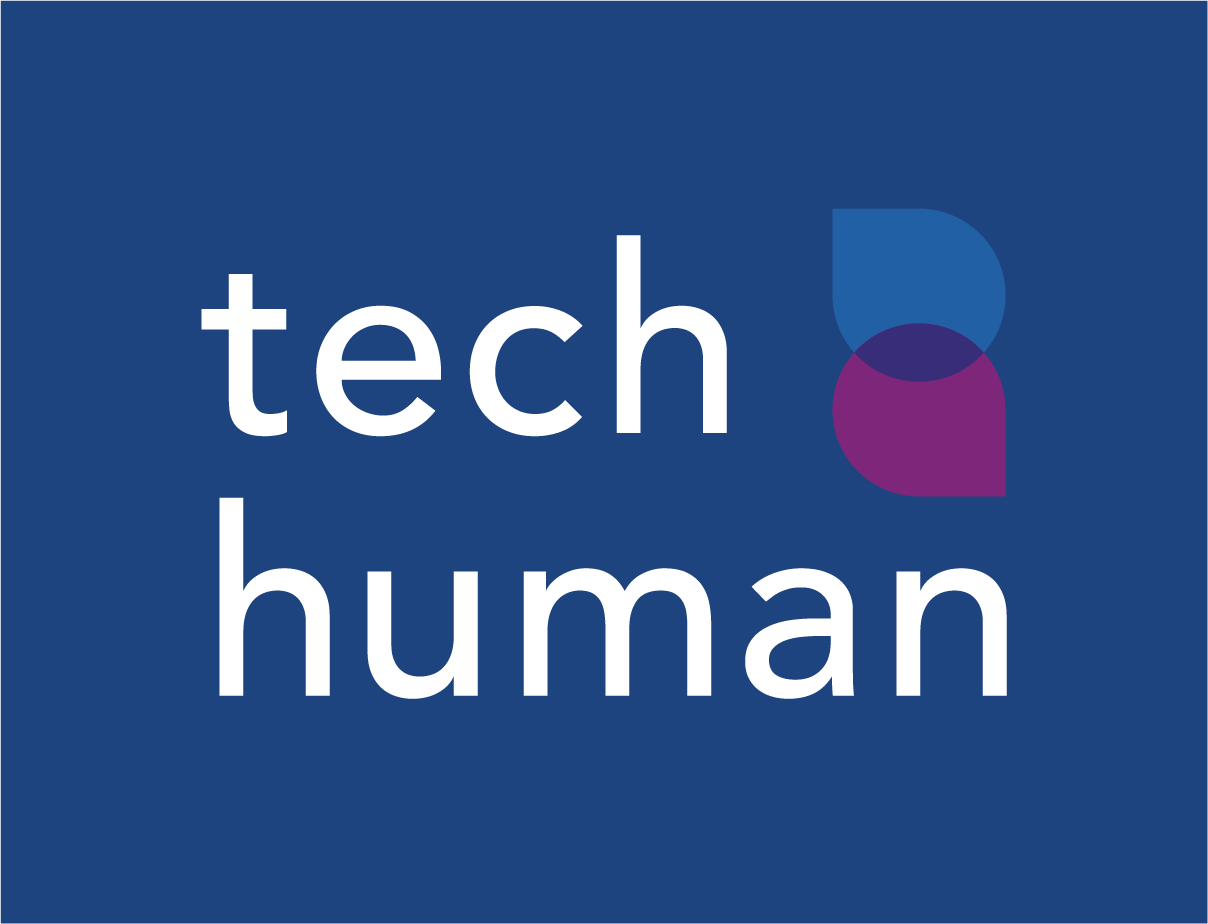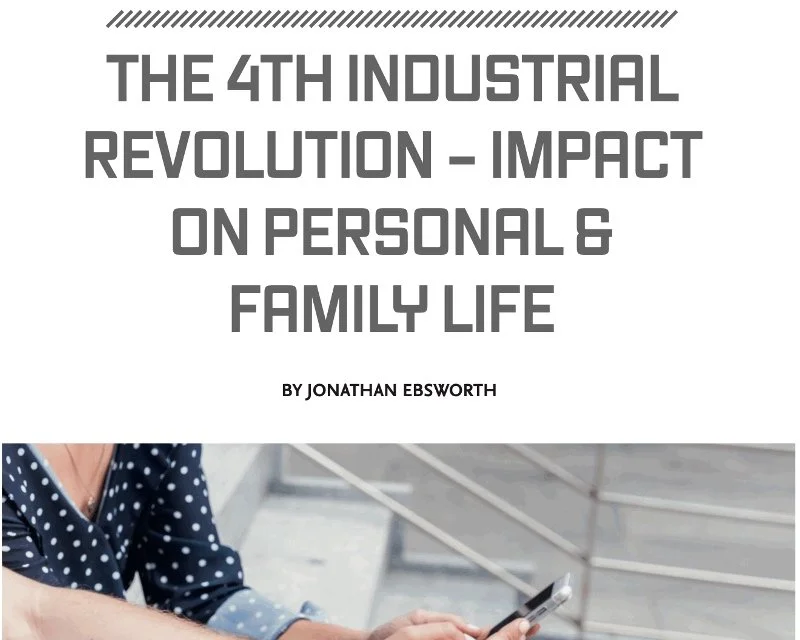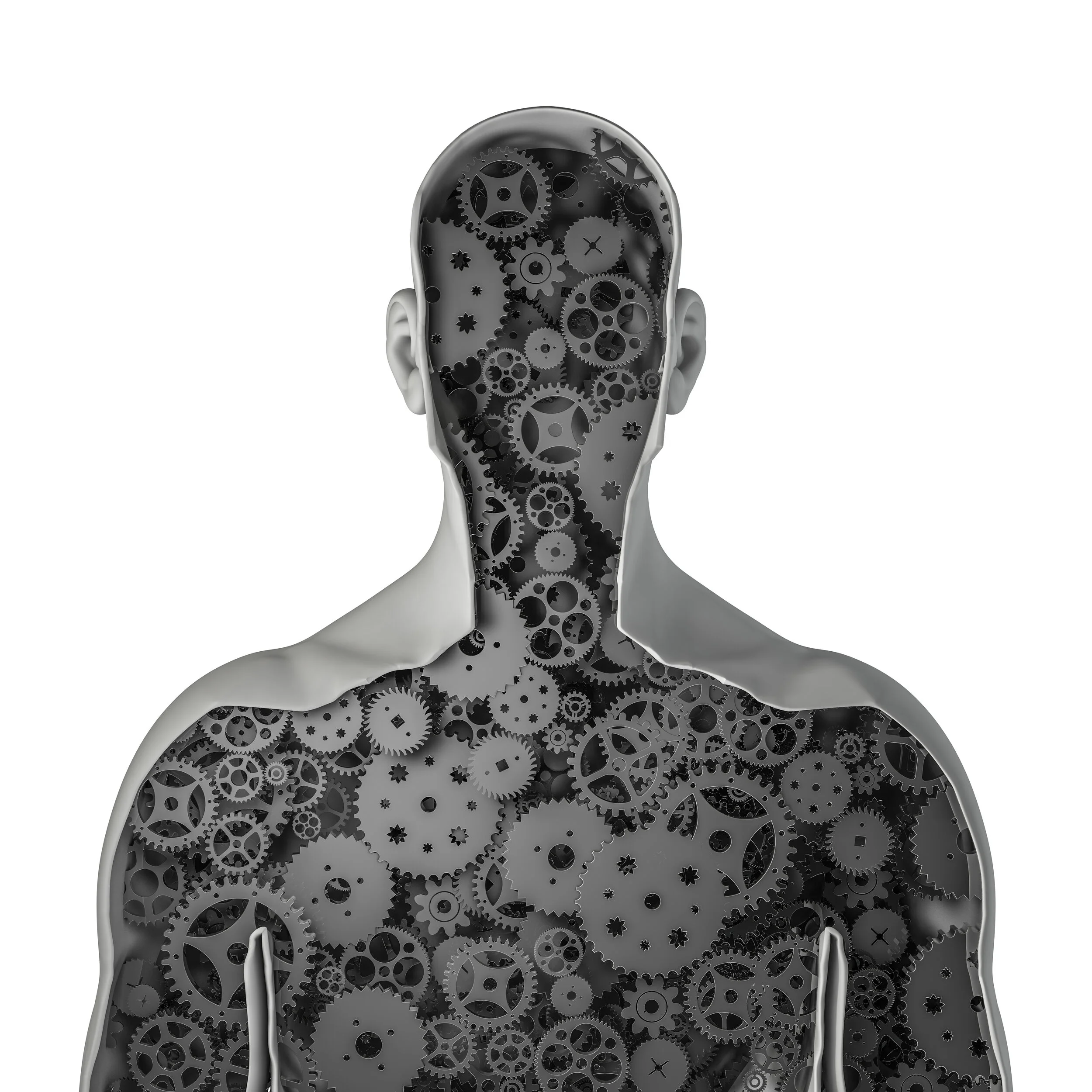ChatGPT has been creating quite the buzz ever since its launch in November 2022. Until recently, the massive developments in the world of AI were hidden under the cover of academic institutions or digital frontends of AI powered apps. With the advent of generative AI powered tools like mid journey for image generation or ChatGPT for text generation, the developments in this field have been exposed to the public. The newfound ability of the public to interact with these models using text prompts has dazzled them into an unprecedented realization just how far the field has progressed.
Read MoreWe are a generation living in the midst of AI development, and many of us have likely dreamed of how AI could make our lives easier by carrying out certain tasks and freeing up time for more meaningful pursuits. Sometimes we're surprised by just how far AI has already advanced, such as ChatGPT's ability to write a 900 words article in just 20 seconds. It can make us wonder why we bother writing ourselves and worry about potential typos and grammatical errors.
Read MoreIn this article, I explore the impact of Fourth Industrial Revolution technology on our relationships – with one another, those we love and with God
Read More“Reality is that which, when you stop believing in it, doesn't go away.” This profound insight comes not from a philosopher but from the celebrated science fiction author, psychotropic drug enthusiast and mystic, Philip K Dick. There is an ultimate primordial difference between reality and falsehood, between truth and counterfeit. Falsehoods, lies, counterfeits, deceptions are invented by human minds. The truth just is - objective, independent of all beliefs and conspiracy theories, unalterable and unavoidable. And yet, in an era in which the black art of spreading disinformation has become ever more sophisticated, how on earth can ordinary people ever distinguish between truth and lies?
Read MoreThe Robot Will See You Now offers arresting insights into the role of AI in areas such as health care, employment, security, the arts and intimate relationships, and delves deep into cultural and theological issues. With experts considering how AI is perceived - and its impact on how we interact with one another - this enthralling book will benefit Christians who want to understand and prepare for the opportunities and challenges ahead.
Read MoreThe failure of the public examinations grade awards across the UK in 2020 offers a compelling case-study in the risks of large-scale public application of algorithms to decision-making (or recommendation). I believe this demonstrates clearly the need for robust, independent review and certification of algorithms prior to live use – with focus on the impact of recommendations/decisions on individuals who are the subjects of these tools.
Read MoreSpeed of change and unforeseen consequences - it's only 11 years since the first Apple iPhone was launched. Nobody foresaw how smartphones would change our world and our behaviour. An infamous slogan of Silicon Valley is "Move fast and break things" - the naïve assumption is that disruption is always positive.
Read MoreHuman beings have always tried to understand themselves by comparison with the leading technologies of the time. For many centuries of the medieval period and beyond precision clockwork mechanisms represented the pinnacle of technological creation, and it seemed obvious to many thinkers that the human body must represent some kind of clockwork mechanism.
Read MoreThe French philosopher Jean Baudrillard argued that postmodern culture had become so reliant on representations of reality that it had lost contact with the real world. In his 1988 work Simulacra and Simulation he wrote …“It is no longer a question of imitation, nor duplication, nor even parody. It is a question of substituting the signs of the real for the real”.
Read More









